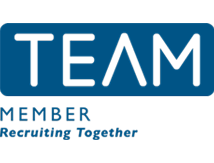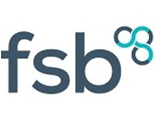The term “transferable skills” is mentioned quite a lot when someone is looking for work and many people can struggle to identify what it actually means and what they are. Here we have a look at this and hopefully help you to apply this to your job hunting efforts.
Transferable skills are abilities, attributes and strengths that you can use in various job roles or occupations that you have developed over your work life. This could be anything that can be put to general use at work, i.e. ability to work within a team, data analysis, problem solving, time management or communication skills. Employers look at your past experience and try to identify what you can take to a role moving forward.
Transferable skills are particularly important when changing career or job role type, as you may not have done the specific role before but you may have the exact strengths needed and have already demonstrated you can use them. Aside from this, transferable skills are equally as vital when staying in a similar job role, as the working environment can completely change, but the employer will want to know you have the core skills to succeed in being an effective employee.
It is a good indication to a potential employer if you are able to identify the skills you have used in the past and provide them with an example of how you could implement them in your new job role. This tells them you know which skills the job will require and where exactly to use them. They are always looking for a good understanding of a role, so this shows you have thought it through and really believe you are able to do the job.
Not only do you want to give the impression that the role itself is perfect for you, but also that you are able to fit into their team well. It is not just practical attributes they need, it is people related skills as well, such as problem solving, leadership, friendly personality and work ethic.
Transferable skills are often referred to as soft skills – they develop over time and cannot necessarily be taught. You can identify hard skills as they are learnt by a series of concrete steps.
When you are applying for a particular role, select the skills you would most like to place emphasis on, that will suit that role. Think about which skills will show off your potential.
As you progress and gain more responsibilities, various skills will be added to your list and you will have more to choose from when structuring your application for your target employer.
When highlighting these skills on your CV, remember to put them as part of your ‘key skills’ bullet pointed list or as part of your personal profile so you can highlight this to your perspective employer.
For further advice and guidance, contact us by emailing mail@blueorchidrecruitment.co.uk









Share
Facebook
Twitter
LinkedIn
Telegram
Tumblr
WhatsApp
VK
Mail